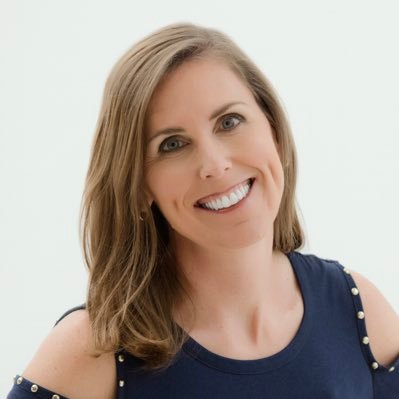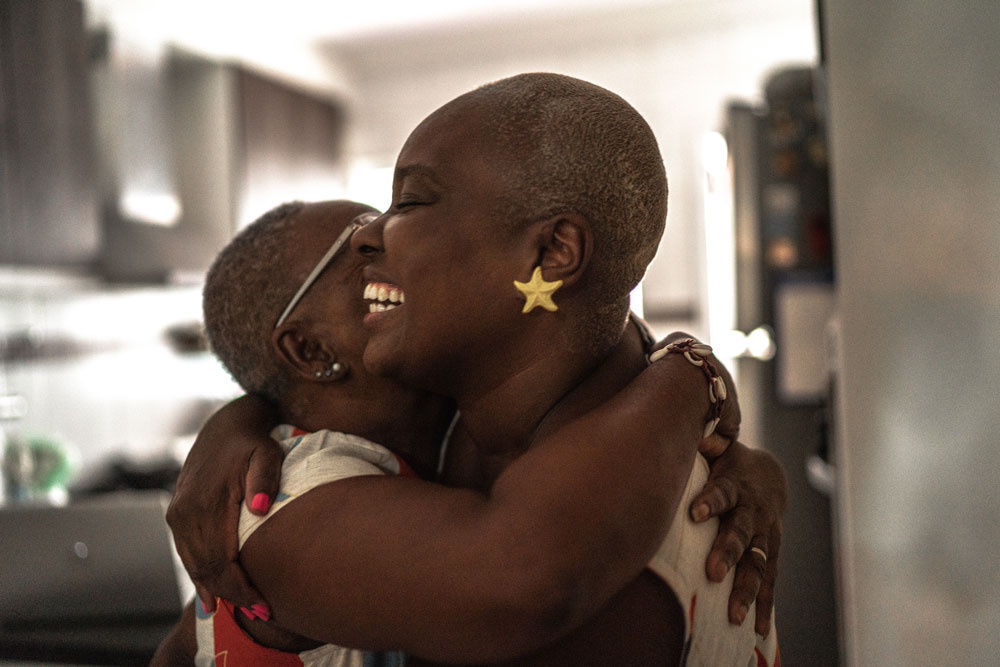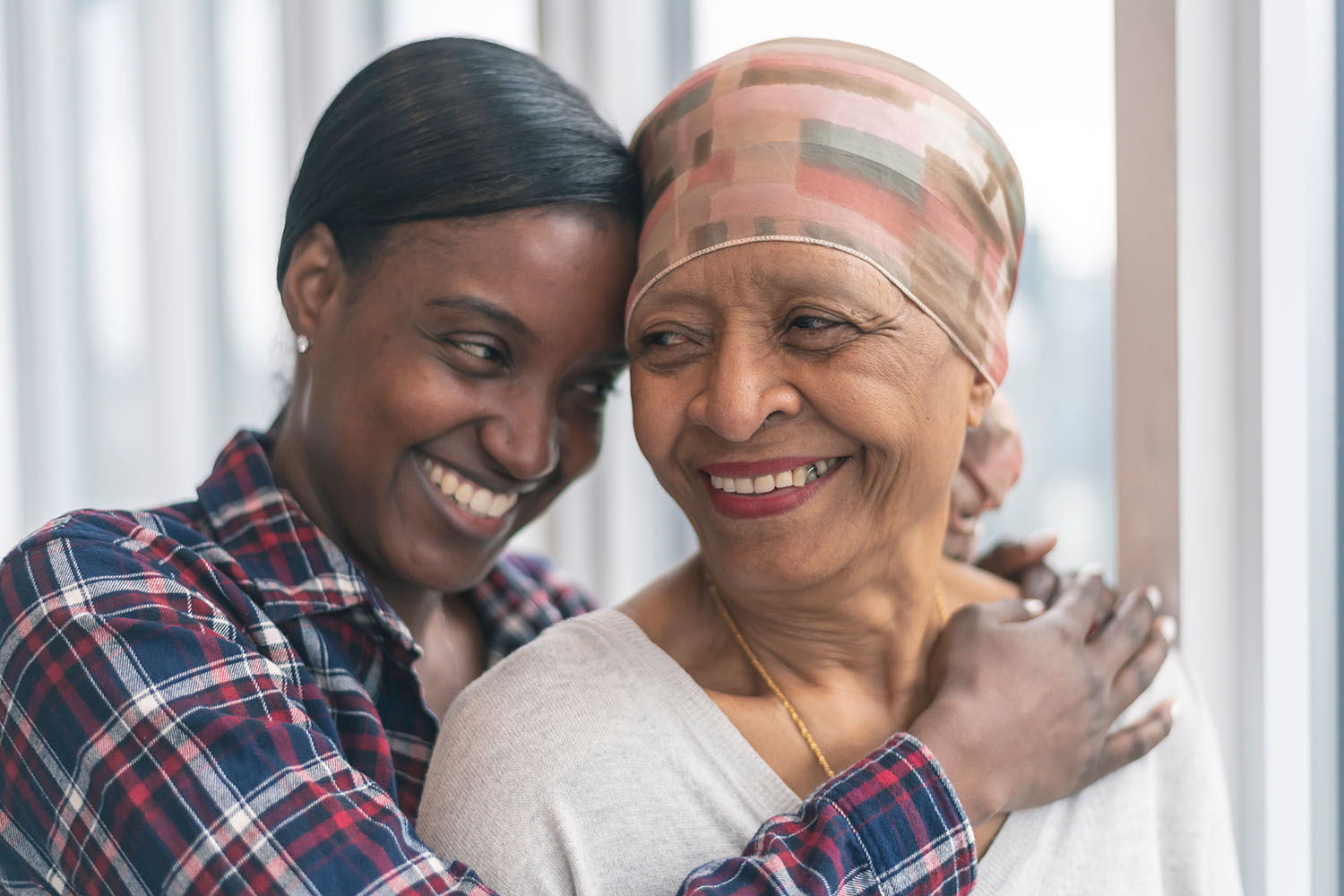Parexel names first Patient Ambassador
 Cancer thriver and rare disease care partner Stacy Hurt is Parexel’s first Patient Ambassador and “secret weapon” to develop patient-focused clinical trials. A mother of two, Stacy is a care partner for her 16-year-old son, Emmett, who has an ultra-rare genetic chromosome abnormality. She is also a cancer thriver, after being diagnosed with Stage 4 colorectal cancer in 2014. She’s been cancer free since October 2015.
Cancer thriver and rare disease care partner Stacy Hurt is Parexel’s first Patient Ambassador and “secret weapon” to develop patient-focused clinical trials. A mother of two, Stacy is a care partner for her 16-year-old son, Emmett, who has an ultra-rare genetic chromosome abnormality. She is also a cancer thriver, after being diagnosed with Stage 4 colorectal cancer in 2014. She’s been cancer free since October 2015.
With 25 years of experience in healthcare and first-hand knowledge as a patient and a care partner, meet “the person behind the patient.”
How has cancer impacted your life?
Physically, it took everything that I had to beat it. I was in great shape going into it. I had no risk factors. I was a nonsmoker. Professionally, it destroyed my career in the pharmaceutical industry that I loved and would still be doing if I hadn’t endured my illness. And emotionally, it’s left me with mental health struggles that anybody who’s had a near-death experience goes through. I am just now starting to rebuild my identity with my new normal as a cancer survivor.
What inspired you to join Parexel as its first patient ambassador and how would you describe your role?
I wanted to be part of Parexel’s patient-focused culture. This role is a culmination of everything that I’ve been through professionally and personally to bring me to this point. I view myself as a secret weapon, building clinical research from the inside out.
My goal will be to reduce the burden on the patient of clinical trial participation for both them and their families and their care partners, and ensuring that clinical trials are as easy as they can be to participate in.
I want patients to know that I would not be here as a cancer survivor without the patients who participated in clinical trials before me. I hope that by serving as a Patient Ambassador I am able to honor the work that they’ve done by participating in clinical trials.
You’re a care partner to your son, Emmett, who has an ultra-rare disease. How can healthcare be better designed around the needs of patients and their families?
I look forward to the time when he can enroll in a clinical trial that will greatly improve his quality of life. But I get a little anxious when I think about all of the accommodations that would be needed to include Emmett in a clinical trial. A trial would mean multiple visits to a site while I’m working and he’s going to school, and my older son is trying to have his life, and that’s not going to work. Every time that Emmett would have to have imaging done or a blood draw, he would most likely have to be sedated. There’s a lot to consider when you think about how people with special needs or disability challenges would participate in a clinical trial.
What’s one thing you want everyone to know about what it’s like to be a patient?
Being a care partner for my intellectually and developmentally disabled son is a 24x7 job. My son’s life depends on me. When we’re designing clinical research, we need to include not only patients, but also their care partners, who are making decisions for the patients.
Being a patient is completely overwhelming. Once I heard the words, “You have cancer,” I didn’t hear anything after that. I relied on my husband, who’s my primary care partner, to help guide me in decision-making and interpret what the doctor was saying and what our next steps were. Care partners are as much a part of the clinical research process as the patients themselves.
To learn more, you can read Stacy’s story as a cancer thriver and care partner for her son who has an ultra-rare genetic chromosome abnormality and listen to her talk about rare disease drug development in this podcast.






